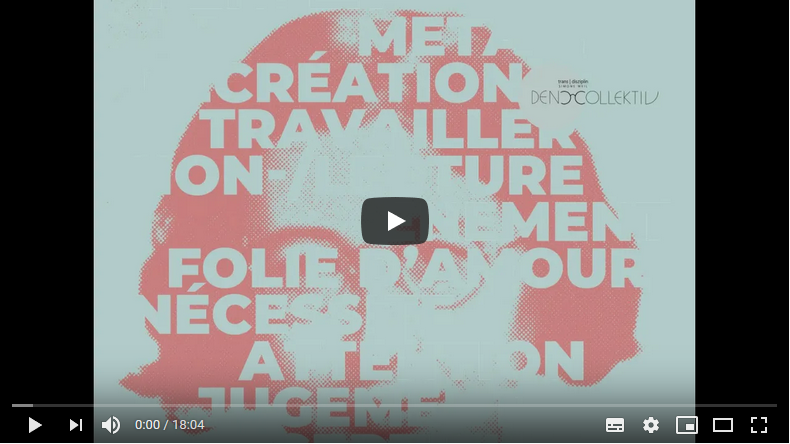Tout être humain est enraciné ici-bas par une certaine poésie terrestre, reflet de la lumière céleste, qui est son lien plus ou moins vaguement senti avec sa patrie universelle. Le malheur est le déracinement.
Simone Weil, "Attente de Dieu", 1942
KATHRYN LAWSON
Abstract
Kate is a PhD Candidate in the department of philosophy at Queen’s University, Kingston, Ontario, Canada.
New contributions:
Rachel Pafe (Berlin): The Miracle of Love Amidst the Crushes of War: Thinking through The Iliad with Susan Taubes and Simone Weil
Rachel Pafe is a writer and researcher interested in modern Jewish thought and critical theories of mourning. She is currently doing a joint PhD at Goethe University of Frankfurt and Université Lille. For more information visit Rachel’s Page. To read the German-version of the article, please click here. In her 1956 dissertation on French philosopher-mystic Simone
Marcus Steinweg (Berlin): “Notizen zu Simone Weil”
Leseschlüssel Die hier gelisteten – teils veröffentlichten, teils unveröffentlichten – Notizen von Marcus Steinweg beziehen sich allesamt auf Simone Weil. Die Liste ist offen und wird schrittweise durch neue Notizen erweitert. RIGORISMUS An Simone Weil besticht ihr Rigorismus und ihre Klarheit. Noch wenn sie sich dem Alltäglichen zuwendet, geht der Vektor ins Nichts. Nie versenkt
Elisabeth Hubmann (Genève): Organ improvisations in response to Simone Weil’s “Les Lutins du feu” (ca. 1921/22)
Il dansait, il dansait toujours, le peuple des âmes candides, des âmes des enfants qui ne sont pas encore nés; attendant leur tour d’être des hommes, les lutins se poursuivaient sur les bûches crépitantes. Simone Weil, Les Lutins du feu, 1921/22. ELISABETH HUBMANN Abstract Elisabeth is an organist, musicologist, and environmentalist active in Genève, Amsterdam
